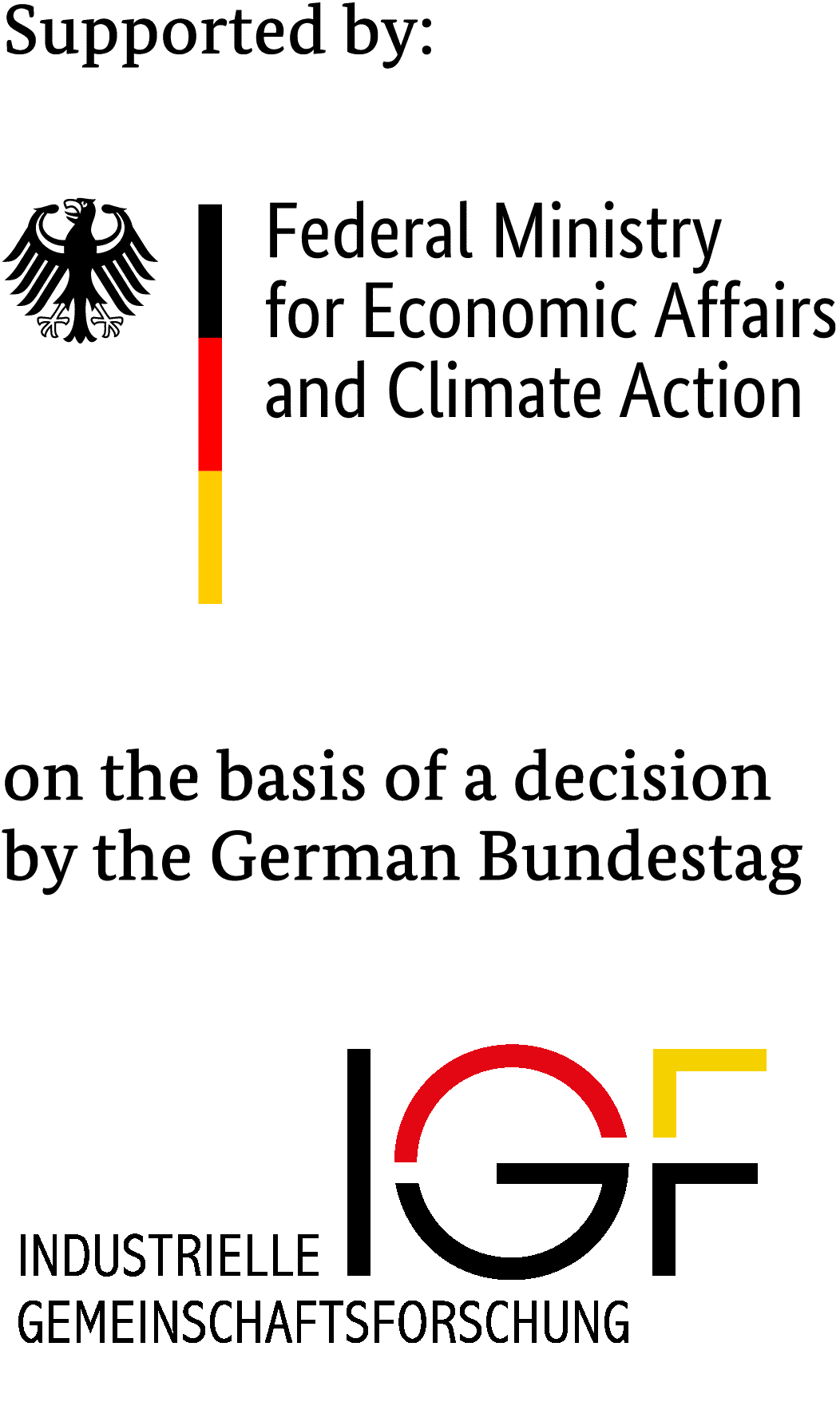For ecological and economic reasons, the production of clinker-efficient, innovative cements with a low CO₂ footprint will become increasingly important in the coming years for the medium-sized enterprises (SMEs) of the German cement industry. In order to increase the acceptance of these cements in the construction industry, they must have high performance and good durability properties in concrete. In particular, the combination of the two main cement constituents granulated blast furnace slag (S) and calcined clay (Q) in addition to Portland cement clinker (K) is very promising in terms of cement performance, durability and CO₂ reduction potential. Due to a lack of knowledge and experience, such cements are not yet produced in Germany.
The aim of the research project was therefore the detailed investigation of the performance, durability and hydration behaviour of ternary cements with blastfurnace slag and calcined clay as main constituents (KSQ cements). Synergy effects between the different cement main con-stituents and their hydration products have been investigated. In order to be able to cover a wide range of compositions and thus to achieve a significant expansion of the state of knowledge in this field, methods of statistical test planning and evaluation have been used.
In addition, the knowledge generated in this research project is to be used to include KSQ cements in European standardisation beyond the previously standardised range, thus paving the way for the production of these clinker-efficient cements for German SMEs.

